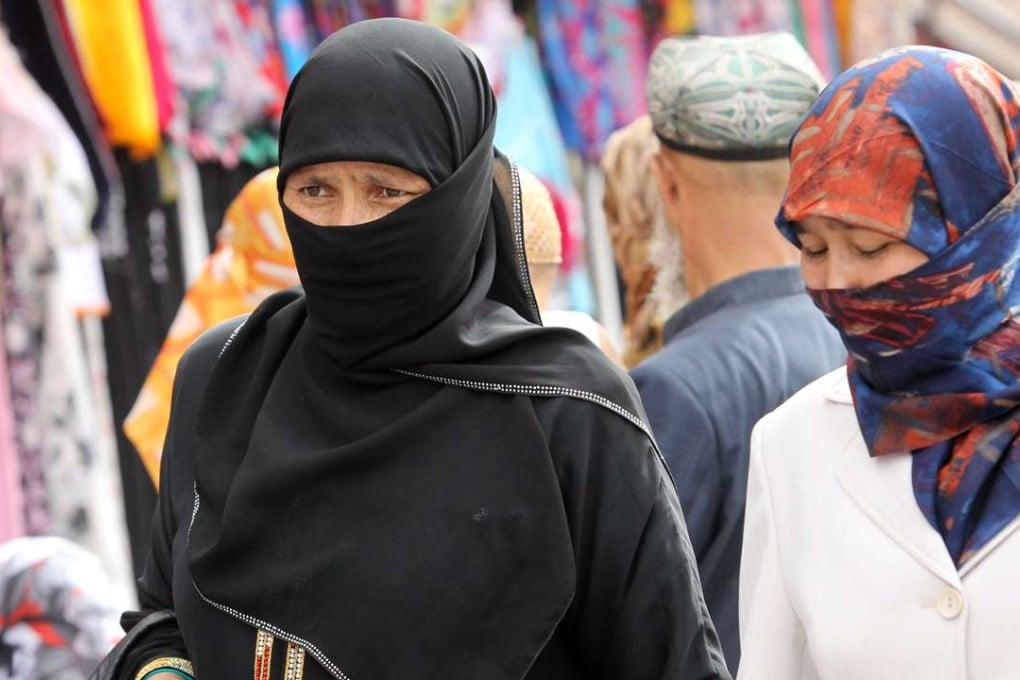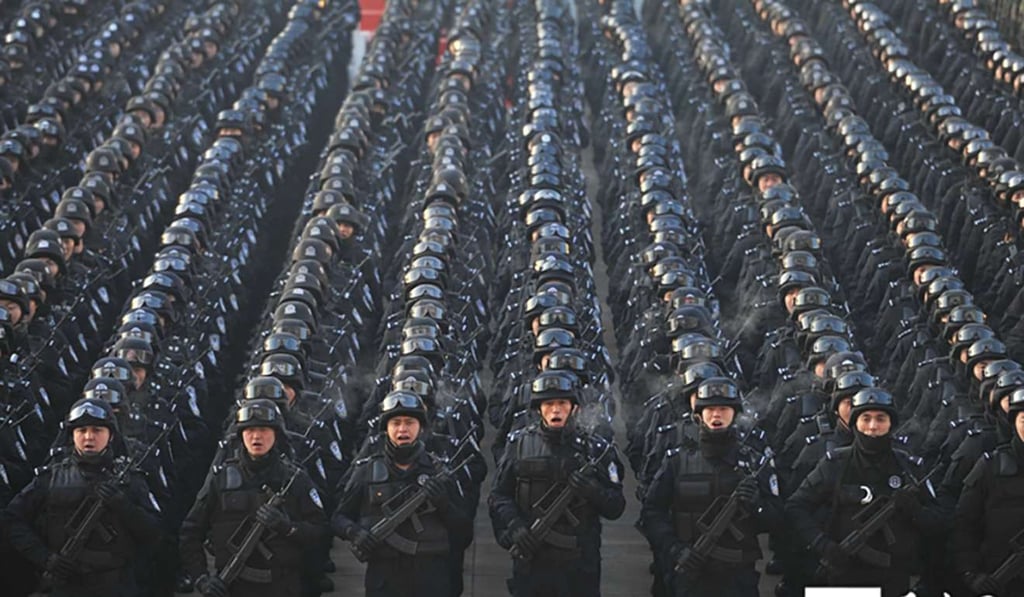Ban on beards and veils – China’s Xinjiang passes law to curb ‘religious extremism’

China’s Xinjiang region passed a law on Wednesday to curb religious extremism, amid the government’s intensifying campaign against what it calls the rising threat of terrorism and separatism in the Uygur homeland.
The law, which takes effect on Saturday, bans a wide range of acts including wearing veils or “abnormal” beards, without specifying the term. It will also be illegal to refuse to watch state television and listen to state radio, or prevent children from receiving national education – activities deemed “manifestations” of extremism, according to the official news website News.ts.cn.
The regulation, passed by the Xinjiang legislature’s standing committee, said special task forces to curb extremism would be set up at regional, prefectural and county governments and local leaders would be evaluated annually for their localities’ achievements on the matter.
Security and surveillance measures have been beefed up in recent months following reports of heightened violence in the region’s rural south, including massive shows of force where thousands of heavily armed police paraded in a number of cities.

Beijing blames Islamist militants and separatists for attacks in Xinjiang that have killed hundreds of people in recent years. Rights groups claim the conflicts were caused by the government’s repression of religious freedom and unfair ethnic policies.